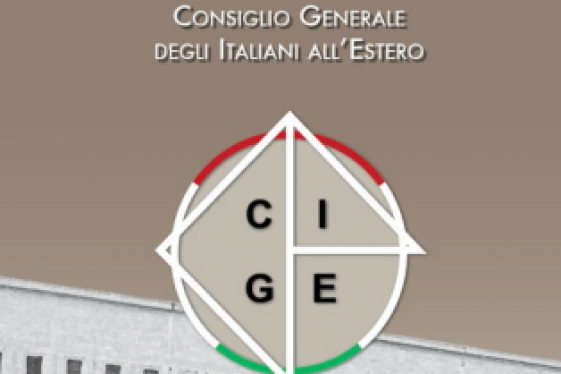

BY: We the Italians Editorial Staff
After carefully reviewing the concerns voiced by Italian communities around the world—many of whom feel unsettled and confused by the newly proposed rules regarding citizenship by descent—the General Council of Italians Abroad (CGIE) has issued its required and official opinion on the draft citizenship law.
The Council strongly criticizes the introduction of subjective conditions, such as requiring an Italian-residing parent or limiting eligibility to those with Italian citizenship only. According to the CGIE, these changes distort the original intent of passing down citizenship through bloodline and create unnecessary barriers for descendants of Italians born abroad.
One of the most controversial aspects of the proposal is the retroactive cutoff date of March 27, 2025, for submitting citizenship claims. The CGIE argues that this directly contradicts a previous ruling by Italy’s highest court, which established that the right to citizenship through ancestry cannot be time-barred. Enforcing a retroactive deadline, the Council says, undermines constitutional protections related to equality and legal certainty.
Another major issue is the removal of automatic citizenship recognition for individuals born abroad with dual nationality. The CGIE warns that this change redefines a long-recognized benefit as a liability, effectively stripping people of a right they should rightfully inherit.
In a country facing population decline, the Council also takes issue with what it sees as a restrictive and exclusionary approach. Rather than embracing the millions of Italians and their descendants living abroad, the proposed law seems focused on narrowing access and increasing control. The CGIE believes this direction is out of step with a broader and more inclusive vision of the global Italian community.
While expressing clear opposition to the current version of the draft law, the CGIE remains open to the idea of citizenship reform—so long as it respects existing rights and involves meaningful consultation with the communities affected. The Council has reiterated its commitment to working alongside other state institutions, fulfilling its mandate to represent Italians living overseas and to protect their interests in future legislative efforts.
You may be interested
-
‘We Will Not Rest’: Italian American Leaders...
The Conference of Presidents of Major Italian American Organizations (COPOMIAO), led by IS...
-
“I giovani a Palermo per dare un nuovo senso...
Alla vigilia del Seminario di Palermo, al quale parteciperanno giovani italiani provenient...
-
«Il sistema Italia è nel mondo, governo svegl...
Gli effetti dell’emergenza Covid-19 non stanno risparmiando nessuno. Adesso l’Italia tenta...
-
A Promise Kept: An Italian American’s 18-Year...
My family’s roots trace back to the small mountain town of Controne, Italy, about 70 miles...
-
After 50 Years, Sayreville Icon Camillo Ianac...
Camillo Ianacone, owner of Camillo's Restaurant (31 MacArthur Ave., Sayreville), officiall...
-
Al Cgie il compito di rilanciare i Comites
"Al Consiglio generale degli italiani all'estero spetta il compito di assicurare la credib...
-
Alla Farnesina la riunione del CDP del CGIE
Convocato dal segretario generale Elio Carozza, il Comitato di Presidenza del Consiglio Ge...
-
Ancora stereotipi offensivi degli Italiani ne...
Una pubblicità “inappropriata e offensiva” torna a colpire la comunità italiana negli Usa....










